Description
Discover the Enchanting Kinkajou: A Unique Exotic Pet Option
The kinkajou, often referred to as the “honey bear,” is a fascinating and lesser-known exotic pet that has captured the hearts of animal enthusiasts worldwide. With their playful personalities, curious nature, and striking appearance, kinkajous are a unique choice for those seeking an exotic companion. However, owning a kinkajou requires a deep understanding of their needs, a commitment to their care, and compliance with legal regulations. If you’re considering adopting a kinkajou, let’s explore what makes this nocturnal creature so special and what it takes to care for one.
Introduction to the Kinkajou
The kinkajou (Potos flavus) is a tropical rainforest mammal native to Central and South America. Despite their bear-like appearance, kinkajous are actually part of the raccoon family (Procyonidae). They are arboreal, meaning they spend most of their time in trees, and are known for their prehensile tails, which act as a fifth limb to help them navigate the forest canopy. Kinkajous are nocturnal, social, and highly intelligent, making them both intriguing and challenging as pets.
Physical Characteristics
Kinkajous are easily recognizable by their unique features:
- Size: They weigh between 3 to 10 pounds and measure about 16 to 24 inches in length, with their tails adding an additional 15 to 22 inches.
- Fur: Their soft, golden-brown fur is dense and water-repellent, perfect for their rainforest habitat.
- Eyes and Ears: Large, round eyes and small, rounded ears give them an endearing appearance.
- Tail: Their long, prehensile tail is strong and flexible, allowing them to grip branches and hang upside down.
Behavior and Temperament
Kinkajous are playful, curious, and highly social animals. In the wild, they live in small groups and are known for their vocalizations, including chirps, barks, and whistles. As pets, kinkajous can form strong bonds with their owners but require plenty of mental and physical stimulation to stay happy and healthy. They are nocturnal, meaning they are most active at night, which can be a consideration for potential owners.
Care Requirements for Kinkajous
1. Housing
Kinkajous need a spacious, vertical enclosure that mimics their natural arboreal habitat. A large cage with multiple levels, branches, and climbing structures is essential. They also require a safe, enclosed space to explore outside of their cage under supervision.
2. Diet
Kinkajous are omnivores with a preference for fruit. A balanced diet includes fresh fruits (such as bananas, mangoes, and melons), vegetables, and occasional protein sources like eggs or insects. Avoid processed foods and high-sugar treats.
3. Exercise and Enrichment
Kinkajous are highly active and need plenty of opportunities to climb, explore, and play. Provide toys, puzzles, and interactive activities to keep them mentally stimulated. Regular out-of-cage time in a safe, supervised environment is also important.
4. Social Needs
Kinkajous are social animals that thrive on interaction. They require daily attention and bonding time with their owners. However, they may not get along with other pets, so careful introductions are necessary.
Legal Considerations
Owning a kinkajou is subject to strict regulations that vary by location. Many countries and states require permits, veterinary checks, and proof of adequate housing. Failure to comply with these laws can result in fines, confiscation of the animal, or legal action. Always research local laws before considering kinkajou adoption.
Why Adopt a Kinkajou?
Adopting a kinkajou is a unique opportunity to connect with one of nature’s most enchanting creatures. Their playful nature, intelligence, and striking appearance make them a truly extraordinary companion. However, kinkajou ownership is not for everyone. It requires a significant commitment of time, resources, and expertise to ensure their well-being.
Interesting Facts About Kinkajous
- Kinkajous are sometimes called “honey bears” because of their love for honey and nectar.
- They have a long, slender tongue that helps them extract nectar from flowers.
- Kinkajous are important pollinators in their natural habitat, helping to spread seeds and maintain rainforest ecosystems.
- Despite their small size, kinkajous are strong and agile climbers, capable of moving quickly through the treetops.
Conclusion
The kinkajou is a captivating and unique exotic pet that demands respect, understanding, and dedication from its owners. If you are prepared to provide the specialized care and environment that a kinkajou needs, you could be rewarded with a lifelong bond with one of nature’s most enchanting creatures. Before proceeding, ensure that you fully understand the responsibilities and legal requirements associated with kinkajou ownership.
At ExoticPetsCare.com, we are committed to helping you find the perfect exotic companion. Contact us today to learn more about adopting a kinkajou and to explore other exotic pet options available to you.

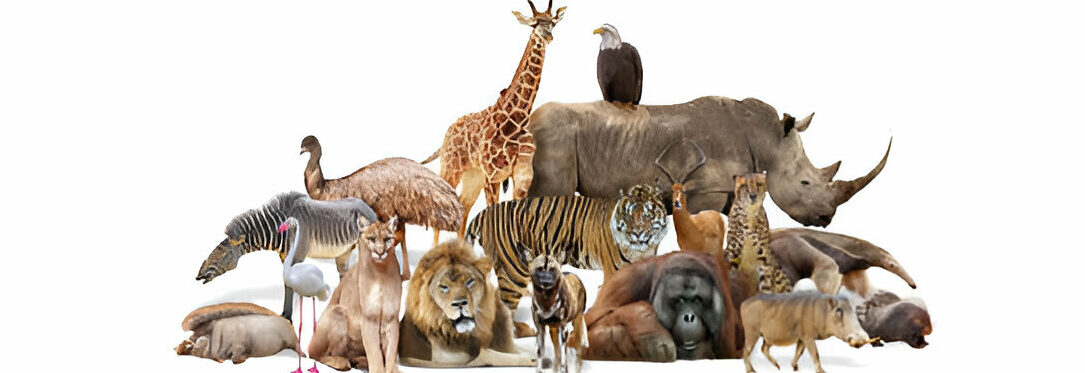
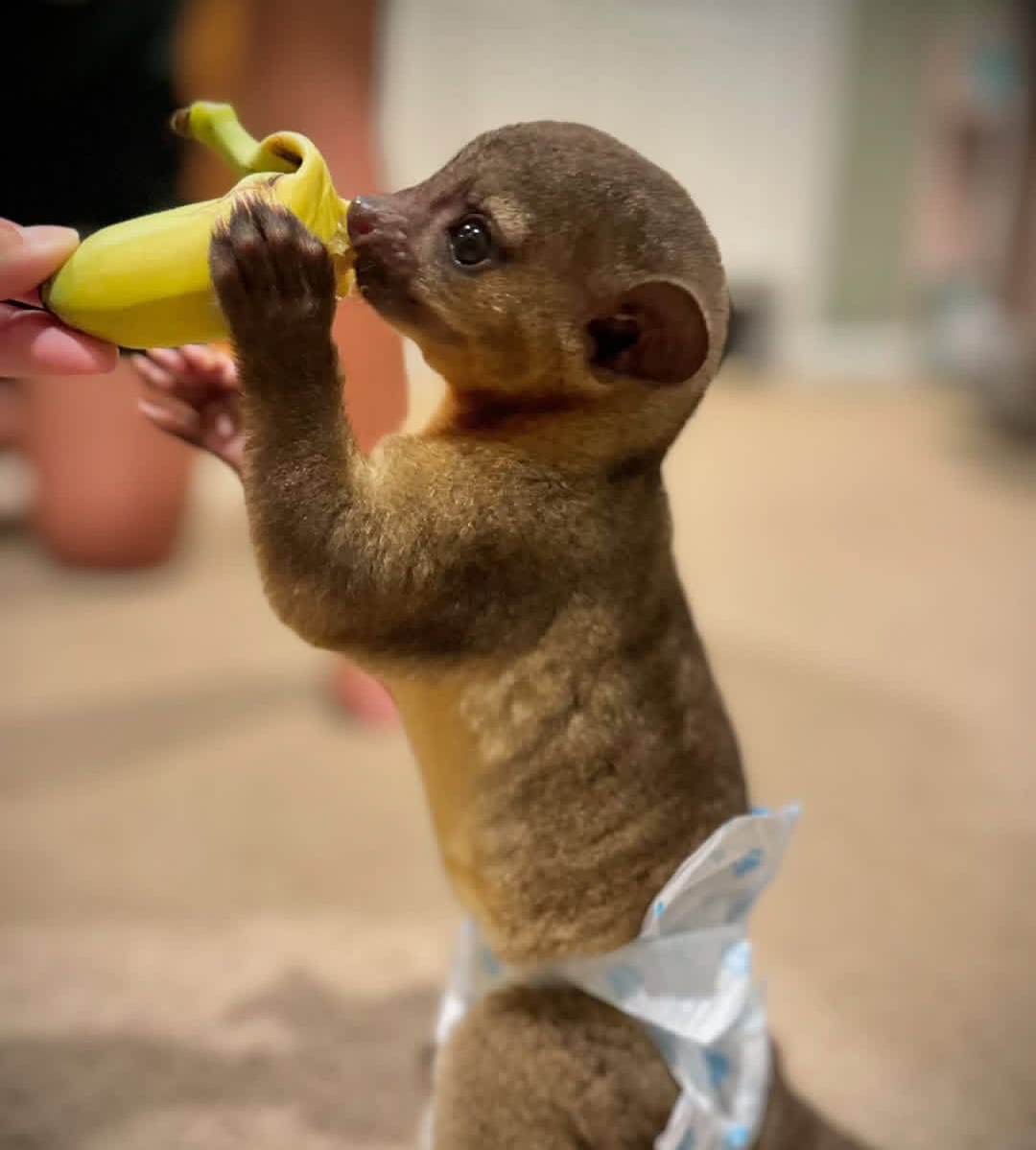

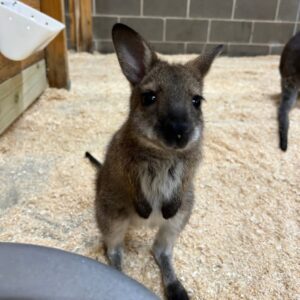
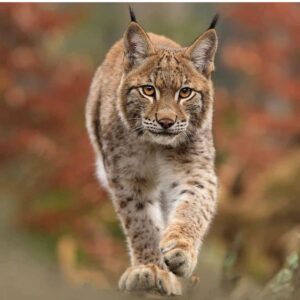

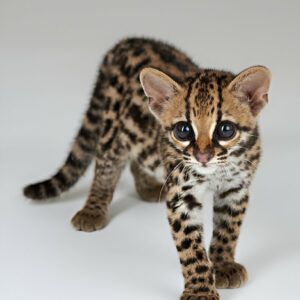
Reviews
There are no reviews yet.